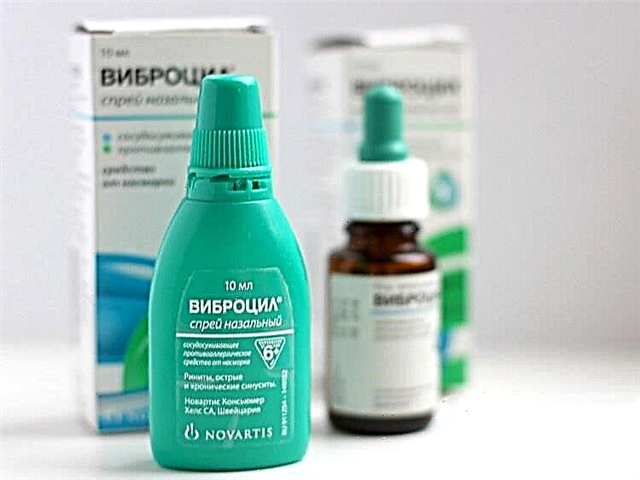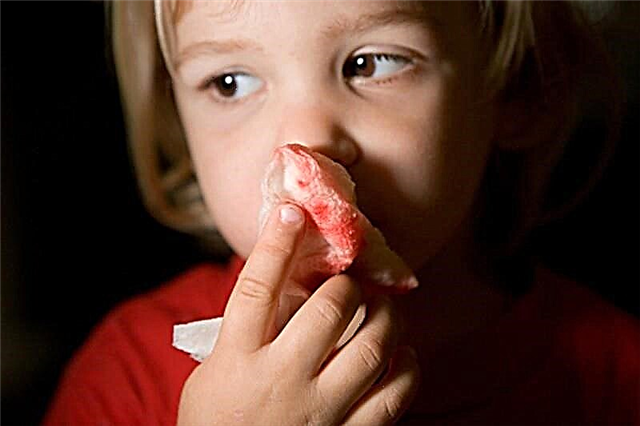
A study of the blood and urine of children helps to find out if everything is in order with the health of the baby. And if there are any concerns, the doctor immediately prescribes such tests. What does the appearance of a significant amount of mucus in it indicate? Can she be normal and should the parents worry about her discovery?
What is it?
The mucus is produced in the urethra - in the goblet cells of the mucous membrane. Its main function is to protect the urinary tract from urea and other urine components. In addition, mucus is designed to protect the urinary system from infectious agents. Parents can notice an excess of it visually. Children's urine will become cloudy and include slimy sediment, lumps or flagella of mucus.

What analysis is it detected?
The determination of mucus is included in the indicators of the general analysis of urine. On the results sheet for this test, you will be able to see if there was mucus in the sample and how much it was found.
Norm
In healthy babies, the amount of mucus excreted in the urine is very small. It comes from the urethra. The detection of a small amount of mucus refers to the indicator of the norm. It is indicated in the analysis as "traces", "1" or "+".
Causes
Of the harmless factors that can lead to an increased amount of mucus in the urine, you can name:
- Improper collection of the sample, for example, the child was not washed well, the container was non-sterile, the container with urine was kept at room temperature for a long time before being taken to the laboratory.
- Failure to comply with the rules of hygiene when caring for the genitals of the child.
- Prolonged stay of urine in the urinary tract. It may be due to medication or the child's intentional retention of urine.

Pathological causes of excess mucus in children's urine are:
- Cystitis and urethritis. Inflammatory infectious diseases are one of the main reasons in which more mucus is secreted.
- Dysmetabolic disorders of the kidneys. A lot of salts accumulate in the organs of the excretory system, they irritate the mucous membrane and can cause inflammation. The reason for the appearance of such violations is often the child's insufficient water intake and poor nutrition.
- Vulvovaginitis caused by streptococci, fungi, Escherichia coli and other pathological flora.
- Phimosis. The mucous secretion that accumulates under the foreskin enters the urine.
- In rare cases, glomerulonephritis and pyelonephritis.
What characteristics do you still need to pay attention to?
- If, in addition to an increased amount of mucus in the form, you see a large number of leukocytes and epithelium, this indicates an inflammatory process in the urinary system. Also, with inflammation, bacteria and red blood cells can be detected.
- If there is a lot of mucus and a large amount of salt is detected, this picture is characteristic of dysmetabolic nephropathy. In the case when there is a lot of salts or a stone has formed, erythrocytes will also appear in the analysis.
- If, in addition to the excess amount of mucus in the urine, protein is detected, the child will be suspected of an inflammatory process and other kidney diseases.

Diagnostics
The appearance of mucus in the urine can be a symptom of pathology, if, in addition, the child has urinary disorders, other changes in urine indicators, pain, manifestations of intoxication. If the parents noticed such signs in the child and showed the baby to a specialist, and the analysis revealed an increased amount of mucus, then the child is prescribed an additional examination.
The urine analysis should certainly be repeated again to exclude errors associated with collection and transportation of the sample. Also, the specialist will send the child for a test according to Nechiporenko, a study using ultrasound, a blood test, bacterial culture. Sometimes cystoscopy, x-rays and tomography are prescribed.

Recommendations
- Collect urine correctly to prevent false test results. It is important to wash the child well before taking biological material, and also prepare a sterile container for taking material for analysis. It is best to buy a urine bag for babies and a sterile container for older babies at the pharmacy.
- Make sure that the container with the collected urine does not stand at room temperature for a long time. The container with the sample should be brought to the laboratory no later than 1-2 hours after the child urinates.
- It is also important that the interval between the previous urination and urine collection is no longer than 6 hours.
- Parents should remember that the causes of frequent inflammatory diseases of the genitourinary organs are the peculiarities of their structure and functioning. In babies, kidney tissues mature and differentiate up to 3 years of age, and the urethral mucosa is more vulnerable. In addition, the blood supply and innervation of the urethra at an early age is still immature, and the ureters are wide, which leads to frequent stagnation of urine.
- If the amount of mucus in the analysis is increased, but there are no complaints or other signs of an infectious process, you do not have to worry, and after a while for complacency, take the analysis again, not forgetting about the correct preparation.



